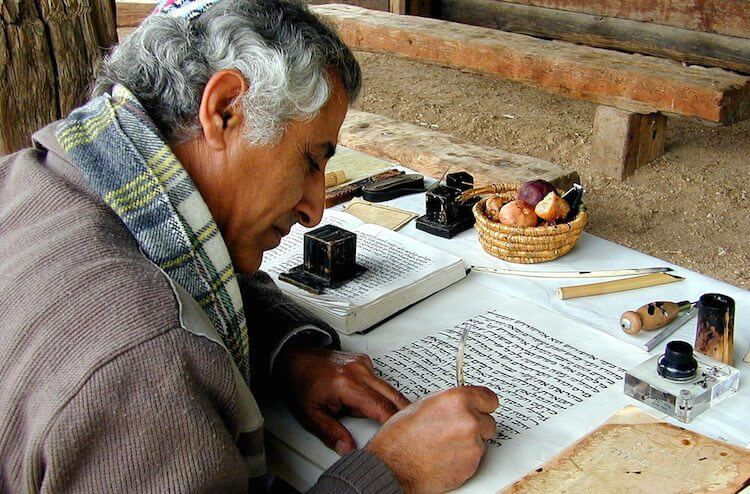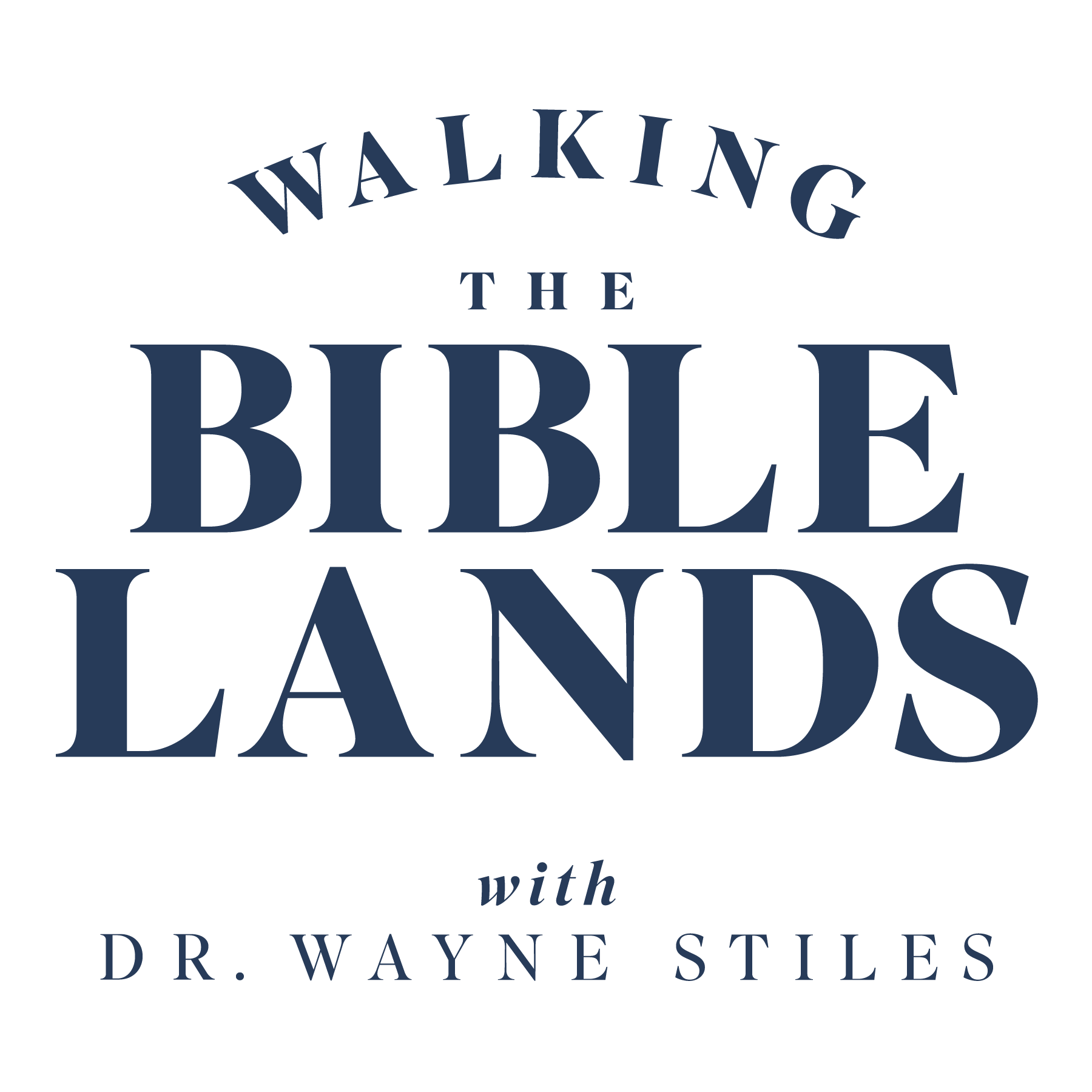2 min read
Why Our Dirty Hands is the Best Bad News You’ll Ever Hear
How God's Word makes the hands unclean and the heart free
Admin
:
Apr 8, 2019 2:02:59 AM

Many people see the Bible only as a book of bad news. After all, it lists everything we do wrong and reminds us how much God hates sin. But bad news is only half the message.

(Photo: Unsplash)
Because nobody likes hearing bad news, we often slam the book shut before we hear the good news that always follows. In fact, without bad news, we have no good news.
The bad news comes only as the essential first step to the best news you’ll ever hear.
The Bible Makes the Hands Unclean (and That’s Good)
An odd rabbinical phrase says that God’s Word “makes the hands unclean.”
The phrase refers to the canonical books, as opposed to those books that aren’t Scripture. Why would God’s Word make the hands unclean that handled it? The rabbis used the phrase to ensure reverent treatment of the scrolls. As Roger Beckwith explains, for “no one would be so apt to handle them heedlessly if he were every time obliged to wash his hands afterwards.”

(Photo: Scribe copying the Scriptures. Courtesy of the Pictorial Library of Bible Lands)
In a similar way, the Word of God shows the dirt, the stains, the soiled spots on our hands—our dirty deeds. The Bible shines the light of truth in dark places, revealing the dirt.
Turning on the light of truth illuminates error. The Law’s purpose did so with clarity.
Light Shines Both Ways
Bad news is only half the message. The other half is good news.
The purpose of God’s Law, Paul wrote in Galatians, served to show us our sin in order to lead us to sin’s remedy: Jesus Christ. Jesus died on the cross to pay for the dirt on our hands, and—thankfully—He rose again to prove the penalty was paid (Rom. 4:25).
Each time a person came face-to-face with God’s holiness, fear burst out as the default reaction. We know instinctively, we don’t belong in the presence of a holy God.
- Isaiah 6 famously quotes the prophet shouting, “Woe is me!” in God’s presence. Not until the Lord graciously removed Isaiah’s sin could he hear God’s commission to preach to Judah.
- When Peter came face to face with Jesus beside the lapping shores of the Sea of Galilee, a miraculous catch revealed Jesus’ glorious power, which compelled Peter to confess his dirty hands: “Depart from me, Lord, for I am a sinful man!” Light revealed dirt, but again, grace followed: “Do not be afraid; from now on you will fish for men.” After grace came purpose.
Before grace illuminated both the problem of our dirty hands, as well as—thank God—their divine detergent, we avoided God altogether. We knew instinctively our accountability to God.
Fear in God’s presence is our kneejerk reaction, not because God Himself is frightening, but because we instinctively and immediately perceive something we may have never realized before: our sin. His holiness dirties our hands; it reveals our sin.
The First Step to Good News
God’s truth gives us a closer look at ourselves than we’ve ever had the courage to see before.
If you’ve come to a place in your life where you’ve discovered dirt on your hands—something terrible about yourself you may not have seen before—that’s okay.
God’s bad news comes to us as the first step to good news.

(Photo: Unsplash)
God’s light never has as its end goal our shame. God shows us our sin not to shame us, but to compel us to accept the grace that is the only solution to shame.
Then, He gives us a purpose beyond our personal forgiveness. He calls us to share the light of grace with others.
Tell me what you think: Why do you think the world sees the Bible as a book of bad news? To leave a comment, just click here.
Click here to leave a comment.
-1.png?width=5230&height=1198&name=unnamed%20(4)-1.png)

.jpg?width=350&name=Wayne-books-350wide%20(1).jpg)




